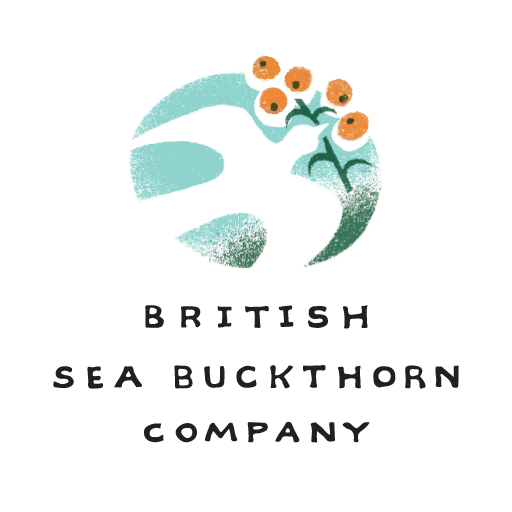Embarking on a new idea, a novel or innovative concept means going on an unpredictable journey. There have been many plans for the sea buckthorn at Devereux farm. The first plants from Germany and Finland arrived back in 2009. There were seminars and consultant meetings. Business plans written, meetings with marketing companies; and visits to food exhibitions – all with a belief that a crop would be forthcoming within three or four years.
Now, eight years on and the excitment builds each and every day. Ben walked the rows two weeks ago counting the berries on sample plants from different varieties from which we have calculated a potential crop yield.
Each week now a randomly collected sample from all varieties are being picked – size, weight and Brix measured. Berries are colouring up, The 300 Etna plants are racing ahead with most berries now yellow and possibly 10% a classic orange. Strangely Klaudia – the variety to break its buds in January looks as if it will be fourth in line to be harvested out of the eight varieties we have.
The problem with all new ventures – particularly with those that are self funded, is that development reacts to successful achievement. Without a crop, we could not practice and develop harvesting skills and systems. Without a crop investing in post harvesting processing equipment was not viable. Now of course we have the crop so all the concepts and ideas that have remained dormant over the years have to become real in a matter of a few weeks.
Producing a food crop needs to fit with regulations. Complying with hygiene, packaging, labelling, processing rules. Having registered with the Soil Association last year the sea buckthorn is on the road to becoming organically certified, but the process takes three years. This will become the crop’s principle certification standard but not until 2019. This conversion process is provides a period of time for there to be no doubt that our methods, the soil, our plants and the resultant crop can have any trace of previous activity that might have happened on the field. As we do not use any chemicals for pest or disease control this process could have started years ago, but signing up for accreditation is expensive. Developing a new project with limited resources means having to prioritise spending. Up until last year accreditation was just not viable.
Now with the crop on the way accreditation has gained that priority. Along with the organic conversion, we are now to register with SALSA – the Safe and Local Supplier Approval scheme. This is recognised particularly for use for micro-businesses such as ourselves. Gaining accreditation is more than just gaining a piece of paper. It focuses the mind on ensuring that all our systems – as we develop them will deliver a safe, quality product. Focus is all important as the momentum to produce our first crop has emerged a credible happening only since last month.
Creating the first UK fresh Siberian sea buckthorn berries is a very exciting prospect. Pulling together all that is needed to bring them to market is a culmination of years of ideas. We know how special these nutritious little taste bombs of berries are – now we can share it.
